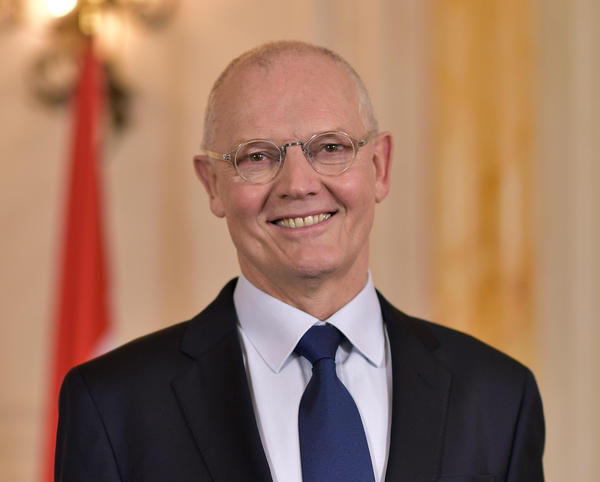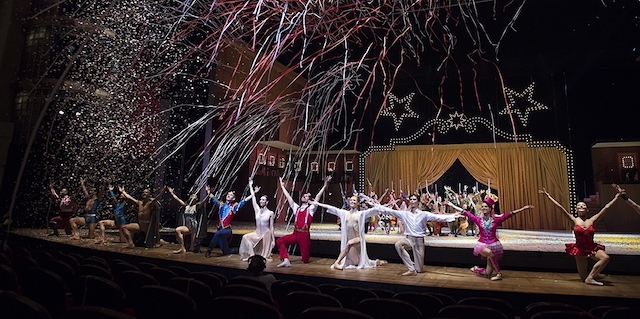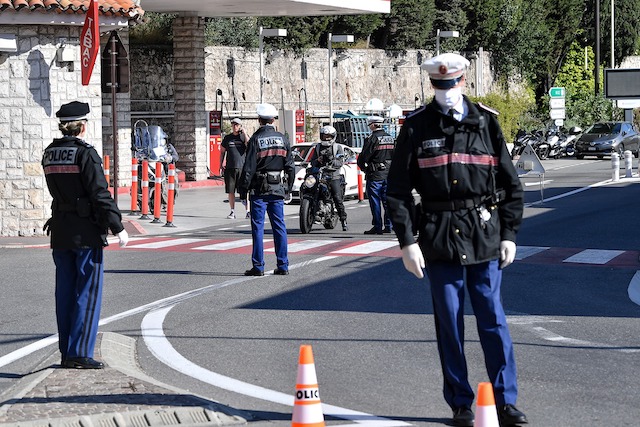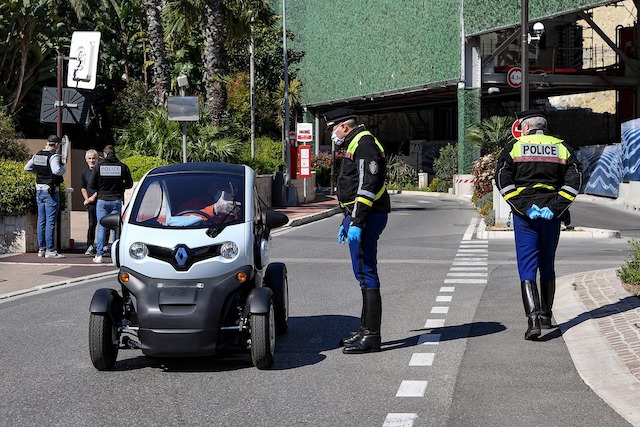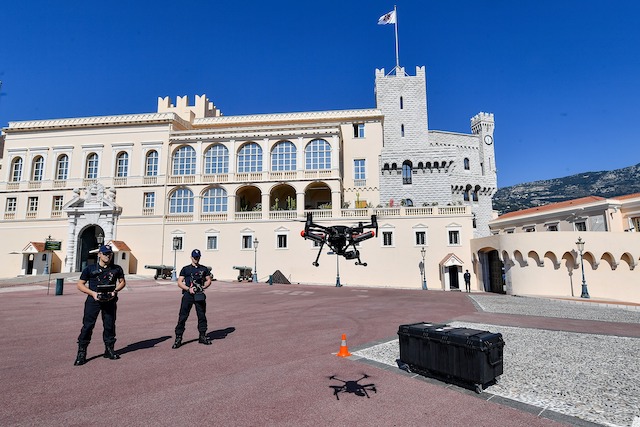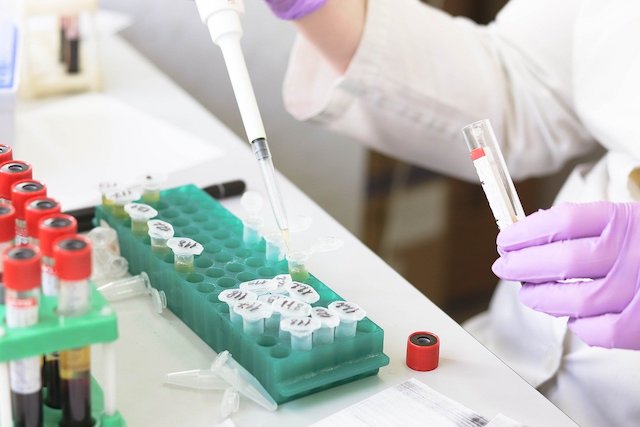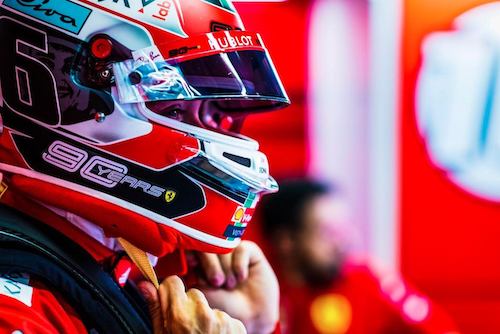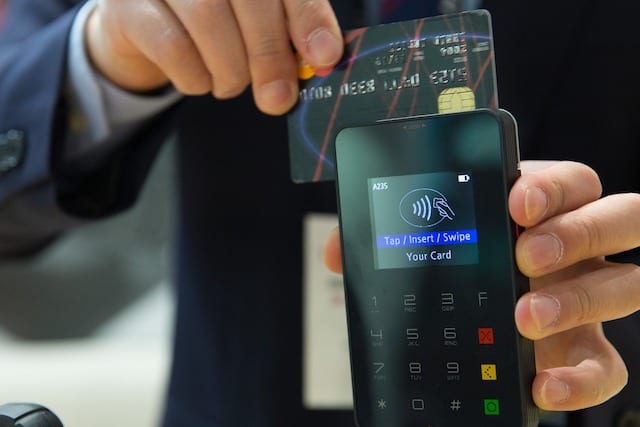Monaco’s Minter of State, Serge Telle, has revealed what the government policy surrounding the health crisis will look like over the coming weeks.
In an interview with Monaco Matin, Mr Telle spoke about confinement deadlines, school re-openings and precautions being taken by the government in this next phase of coronavirus health management.
According to Mr Telle, 3rd May is still the date set to gradually start lifting lockdown rules, if the situation allows. Schools will be re-opened on 11th May, including creches, primary schools, colleges, and high schools.
“The Sovereign confirmed it to me Tuesday morning. It is not imaginable for a second that we can reopen them before France,” said Mr Telle. “We are completely nestled within French national territory. Through Patrice Cellario, (Monaco’s Interior Minister) a working group will reflect on how the recovery should be done. Will children have to wear masks? In any case, they will have to respect the rules whether they are healthy carriers or asymptomatic, including social-distancing to protect their teachers. This will be done in coordination with the Academy of Nice.”
On the subject of masks, which was the topic of much debate in recent weeks, the government of the Principality has done a bit of a volte face, primarily due to the fact that masks are now available in sufficient numbers to be given to the entire population. This breakthrough was due to near-heroic efforts to procure masks, both via local producers and orders placed abroad, several weeks ago.
“This week, we will start distributing masks for the most vulnerable people. This will be detailed by Didier Gamerdinger (Minister of Social Affairs and Health) in the coming days. We will start soon enough so that the whole population will be endowed, whatever the date of deconfinement. It is an absolute objective. We will certainly implement this policy according to which people will have to move with masks when they leave their home.”
Systematic testing of the country’s most vulnerable and those showing symptoms will also start to be carried out through blood tests in the near future.
Finally, with regards to restaurants and bars, the minister said that whilst it was “not impossible” that Monaco will re-open them before France, it was also not likely as it is not a priority at the moment.
